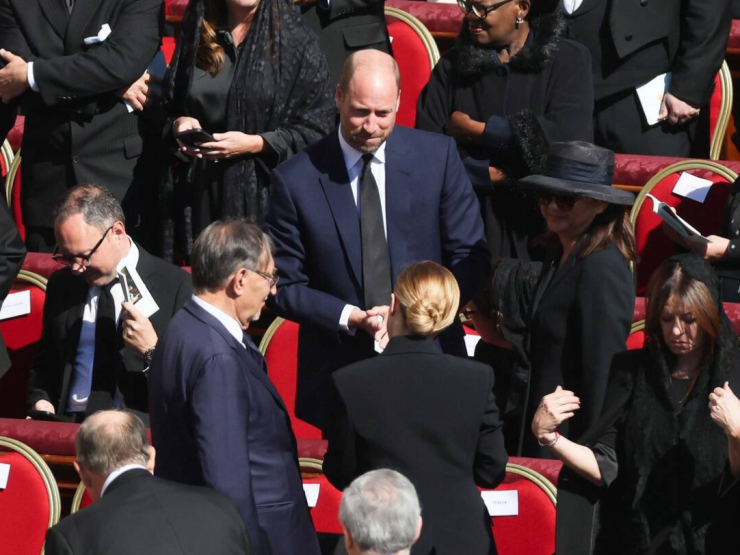The Church of England has raised concerns after the government announced a significant reduction in funding for repairs to listed places of worship.
The Listed Places of Worship Grant Scheme, which helps churches, synagogues, mosques, and temples cover the 20 per cent VAT on repairs, is set to receive £23 million for 2025/26, a sharp decrease from £42 million allocated this year.
According to Sky News, In addition to the reduced funding, a cap of £25,000 per building will be introduced for the first time in 24 years, in order to meet the budget requirements.
The Heritage Minister, Sir Chris Bryant, confirmed that the scheme would continue through March 2026, but did not provide any assurances about its renewal beyond that point, causing concern among churches that rely on this funding to plan for long-term repairs.
The Church of England expressed its gratitude for the renewal of the scheme but highlighted that the reduced funding and cap on larger projects would only provide "temporary relief."
The Bishop of Bristol, Viv Faull, and the Bishop of Ramsbury, Andrew Rumsey, called the funding cut a challenge for larger projects and noted that the cap would make it difficult for many churches to continue ongoing or planned restoration efforts.
"The scheme has been a lifeline for our buildings since it was first introduced in 2001," the bishops said.
The Heritage Alliance, which represents organisations like English Heritage and the National Trust, echoed these concerns, noting that while the scheme had been crucial for preserving historic religious buildings, the cap could limit the scope of future projects.
Labour MP Marsha de Cordova, the Second Church Estates Commissioner, called for a permanent resolution, stating: "It is vital that a long-term solution is reached for some of the country's most important community buildings."
The reduction in funding has also prompted criticism from the Conservative Party.
Shadow Culture Secretary Stuart Andrew accused Labour of delaying plans to slash the scheme’s funding for months, leaving churches uncertain about how to fund essential repairs.
According to Sir Chris Bryant, while £42 million was available in the past year, only £29 million had been claimed, with 94 per cent of applications for the scheme being under £25,000.
The vast majority of claims were for projects under £5,000, highlighting that many repairs are relatively small-scale but nonetheless essential.
With the future of the scheme uncertain beyond March 2026, many churches are left in limbo, having held back funds typically used for community support in case they face hefty VAT bills for repairs.
MPs had been pressing the government to ensure the scheme's continuation, with many churchgoers writing to their representatives to highlight the importance of places of worship in their communities.
In response to the funding reductions, Sir Chris acknowledged that the decision had been made in the context of a difficult financial environment, but he reassured MPs that the new funding package, while smaller, would be "acceptable" for the immediate future.








